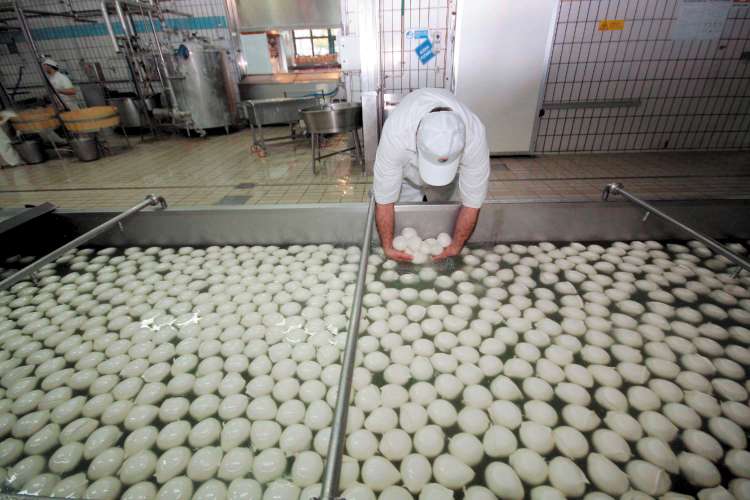Your support helps us to tell the story
From reproductive rights to climate change to Big Tech, The Independent is on the ground when the story is developing. Whether it's investigating the financials of Elon Musk's pro-Trump PAC or producing our latest documentary, 'The A Word', which shines a light on the American women fighting for reproductive rights, we know how important it is to parse out the facts from the messaging.
At such a critical moment in US history, we need reporters on the ground. Your donation allows us to keep sending journalists to speak to both sides of the story.
The Independent is trusted by Americans across the entire political spectrum. And unlike many other quality news outlets, we choose not to lock Americans out of our reporting and analysis with paywalls. We believe quality journalism should be available to everyone, paid for by those who can afford it.
Your support makes all the difference.Monks living in a remote monastery on an island in Russia have set up a mozzarella factory to supply the country with the cheese after Vladimir Putin's government banned the import of Italian food.
The trade ban was enacted in retaliation to economic sanctions imposed on Russia by the European Union, which in turn justified the measures because of Russia’s role in the Ukraine crisis.
The Eastern Orthodox monastery at Valaam, which has a farm, sent its agricultural manager Father Agapy to Italy to take part in a cheese-making course to learn the processes first-hand.
Images posted on the monastery’s Facebook page show Father Agapy posing in his traditional robes and kamilavka hat, in front of what appears to be cheese-making equipment.
Authorities at the monastery expect the cheese production line to be up and running by December.
Mikhail Shishkov, a spokesman for the monastery, told the Daily Telegraph that the monk who went on the course would teach other monks his new-found skills.
“Father Agapy did a course on how to make several types of Italian cheese and now he will teach the other monks and we will have our own small cheese factory,” he said.
Mr Shishkov said that the decision to produce the cheese was unrelated to the import ban, and that only “a little” of the total produce would be likely to be sold.
“Mostly it will go for internal use in the monks' and pilgrims' refectories but a little may be sold on the external market,” he told the newspaper.
The food ban, which prevents the import of meat, vegetables and dairy products from the EU, USA, and their allies, is set to last for one year, and was announced by Russian Prime Minister Dmitry Medvedev on 7 August.
The picturesque monastery at Valaam is located on an island in Lake Ladoga, the largest lake in Europe, which itself sits north of the Russian city of St Petersburg. It is hundreds of years old, and reputed to be favoured by Russian president Vladimir Putin.

Join our commenting forum
Join thought-provoking conversations, follow other Independent readers and see their replies
Comments